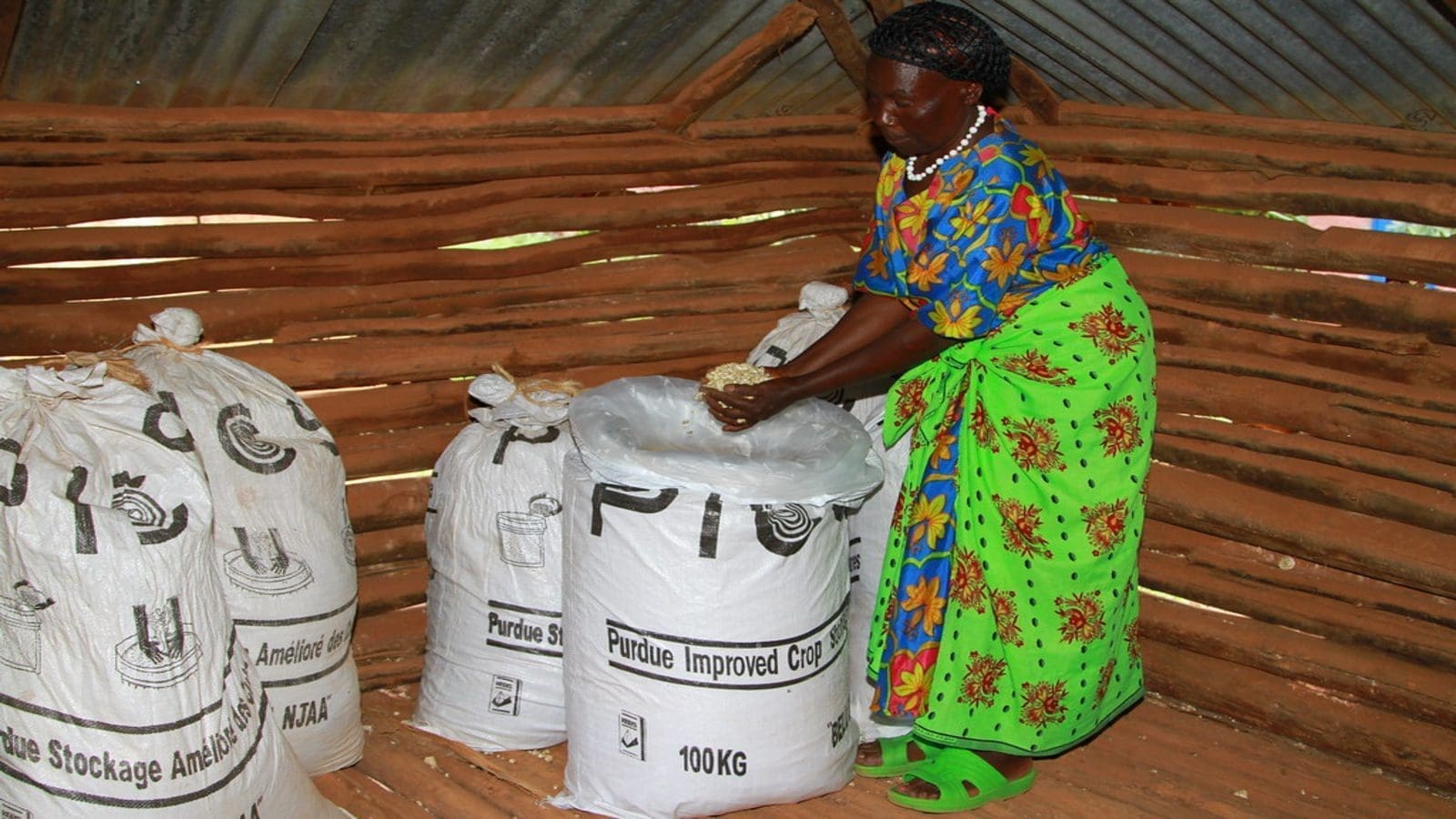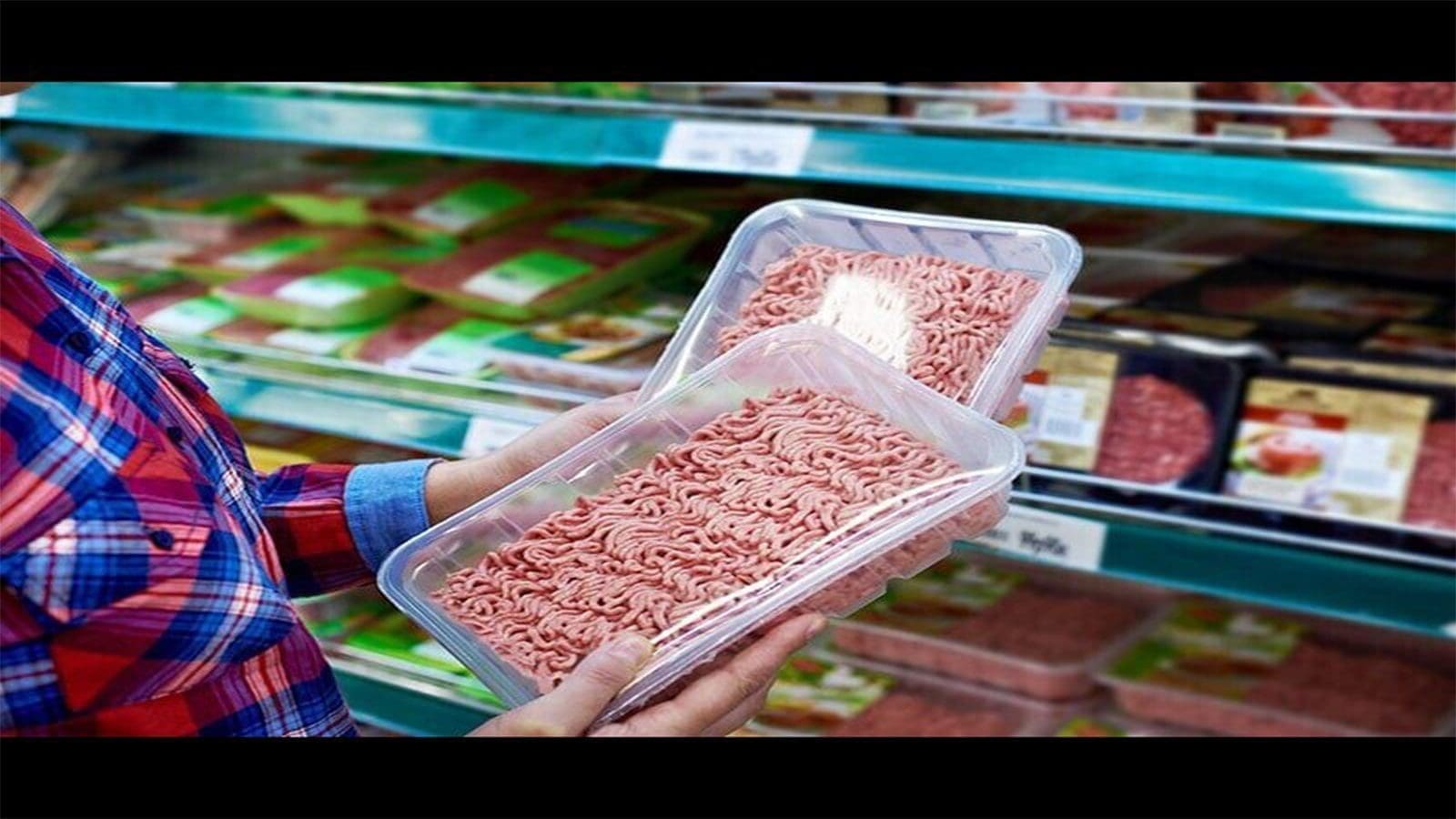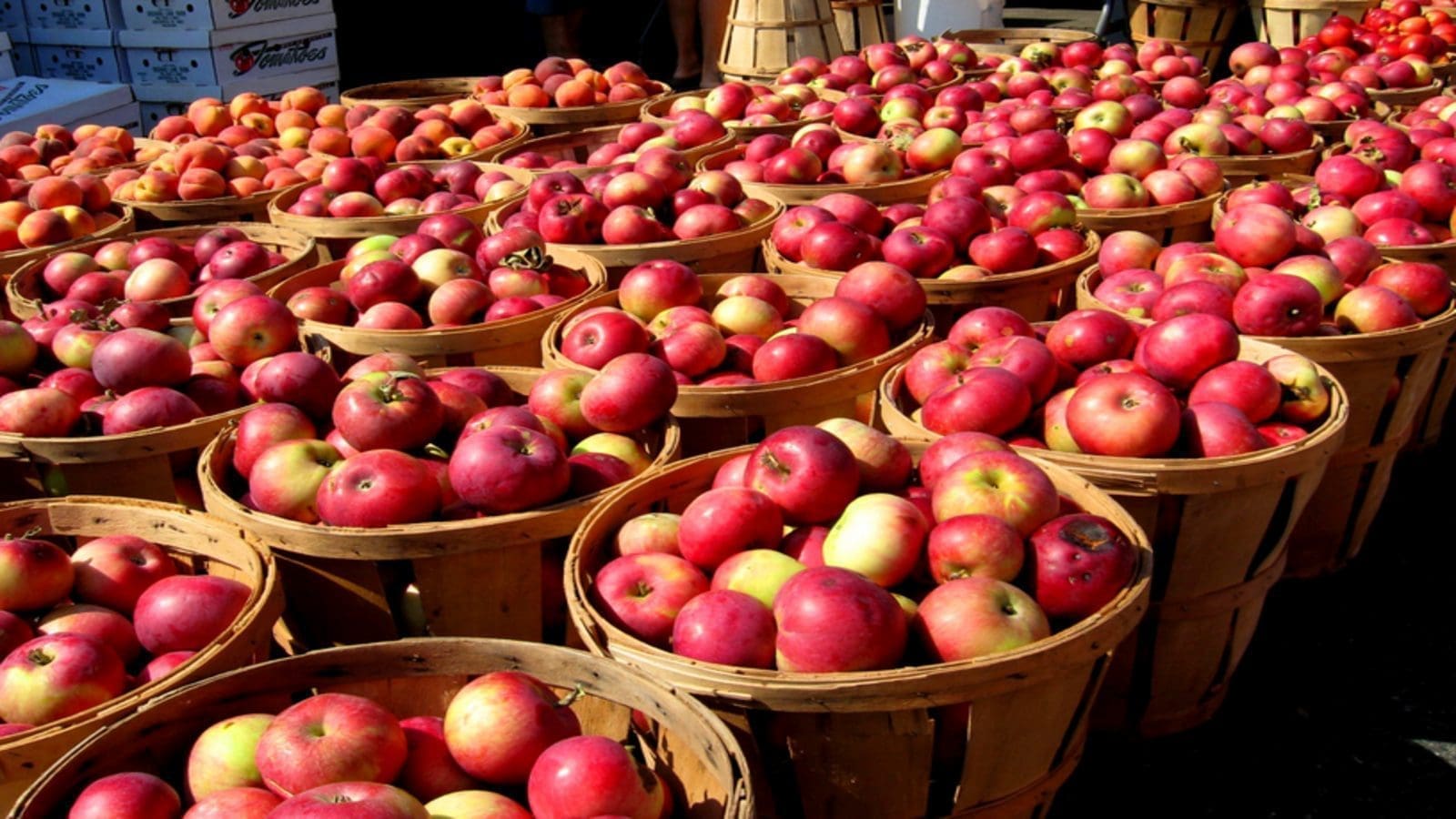KENYA – The Kenya Bureau of Standards (KEBS) has given a nod to two new standards that will guide quality and safety requirements for hermetic bags designed for grain storage.
Through the new standards, KEBS has addressed the use of hermetic storage for woven polypropylene bags and rigid plastic silos for the storage of dried food commodities, derived products and seeds without the use of pesticides as a preservative in storage.
“As part of our contribution to food security, these standards will go a long way in ensuring that grains and cereals are effectively protected from infestation and moisture loss, thereby, reducing post-harvest loss,” says, Lt Col (Rtd.) Bernard Njiraini, Managing Director, KEBS.
The two approved standards are KS EAS 985-1:2020 Hermetic storage bags and KS EAS 986:2020 Portable rigid plastic hermetic grain silo. The KS EAS 985-1:2020 are for woven polypropylene outer bags.
Hermetic bags are made using hermetic technology which is a type of storage technology that uses the concept of creating a controlled atmosphere to protect the stored commodities from contamination by air, moisture, insects or pests.
Improper storage conditions are the main causes of deterioration in grain quality and decrease in food quantity. A proper storage structure must provide absolute protection from moisture and infestation by insects, pests, rodents, birds, etc.
Hermetic technology provides this by being an air-tight and moisture-tight storage system. The new standards ensure that these bags preserve the contents while restricting the existence of cereal pests by depleting oxygen supply levels producing carbon dioxide.
“Aflatoxin can grow at alarming rates during storage, rapidly increasing the concentration of toxin and exposure over time,” says KEBS via a tweet.
Requirements for the outer bag and hermetic liner include and are not limited to breaking force of the sacking, water vapour transmission rate (WVTR), oxygen transmission rate (OTR), packaging and labelling among others specified.
Additional standards
The bureau also approved a standard for glass bottles for carbonated and non-carbonated drinks, the KS EAS 987-1:2020.
The KS EAS 4:2013 Kenya Standard — Infant formula —Specification is to be replaced by KS EAS 4-1:2021 and KS EAS 4-2:2021 while KS EAS 35:2012 Kenya Standard — Fortified food grade salt — Specification has been replaced by KS EAS 35:2021.
In addition, the KS EAS 72:2013 Kenya Standard — Processed cereal-based foods for infants and young children —Specification, to be substituted by KS EAS 72:2021. For food fortification premix and forticants, the KS EAS 1023:2021 has taken the place of the previous KS 2890:2020.
In terms of guidelines for monitoring and sampling of fortified foods, KEBS has introduced the KS EAS 1025:2021 to replace KS 2765:2018 Kenya Standard.
Further, the national standards Council confirmed a new standard for fermented (cultured) milk KS EAS 1008:2021 to substitute KS 941:2018 Kenya Standard.
Liked this article? Subscribe to Food Safety Africa News, our regular email newsletters with the latest news insights from Africa and the World’s food safety, quality and compliance. SUBSCRIBE HERE







